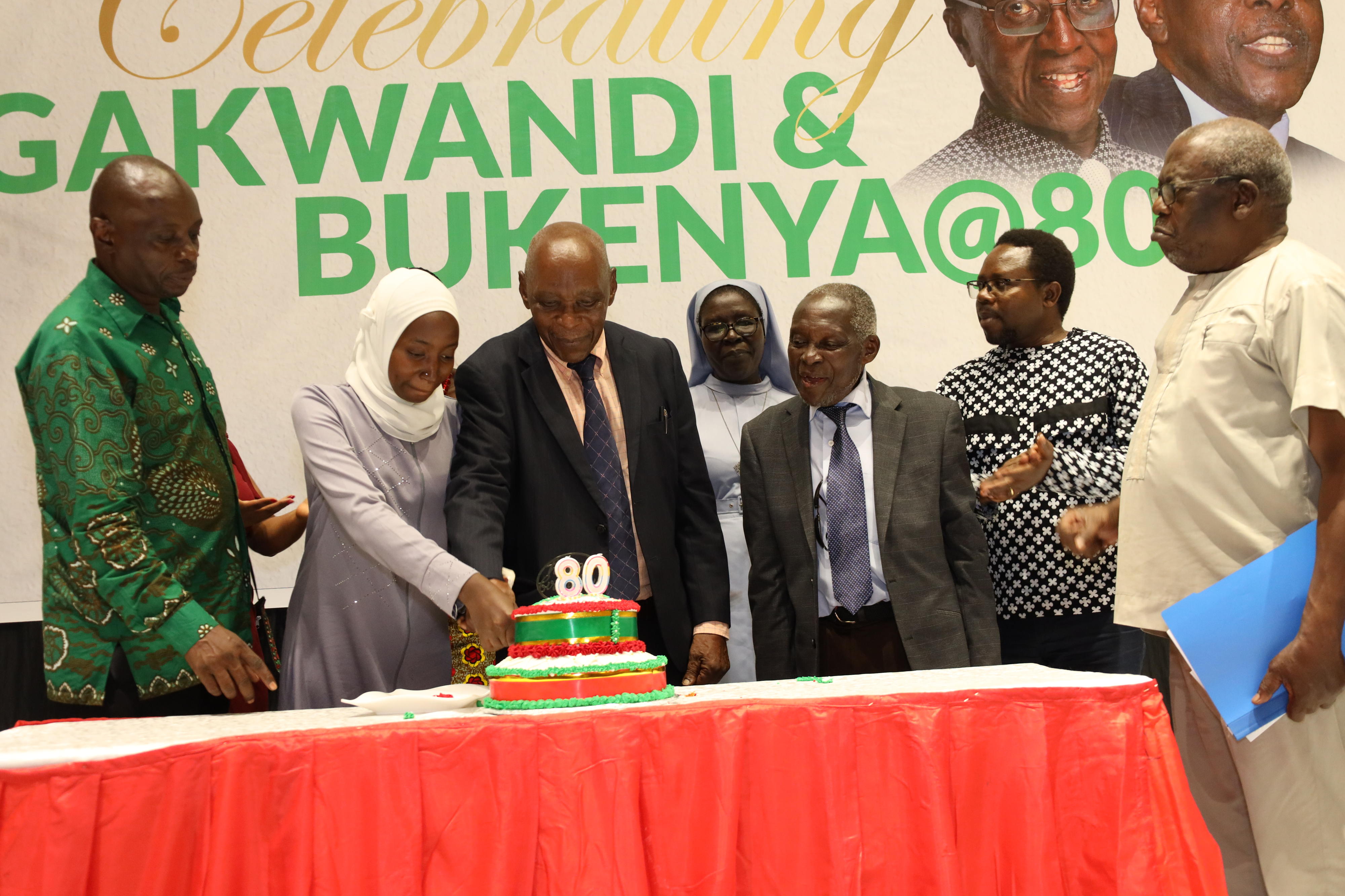As events for distance runners shrink, Uganda Athletics Federation should step up to the plate

Author: Robert Madoi is a sports journalist and analyst. PHOTO/FILE/NMG.
What you need to know:
In order not to be drip-fed by competitive action, distance runners will have to be amenable to road races.
Since it has the goodwill of the government, UAF should move to secure funds that will see elite distance athletes put on, say, one-year renewable contracts.
There’s no doubt that Joshua Cheptegei has established Uganda as a respectable force in global athletics. The 24-year-old has managed through great skill and sheer force of personality to make himself the face of distance running. His feats, which include world records on the road as well as track, have been valorised, documented, debated and commemorated in incredible detail. And rightfully so.
The overarching theme of Cheptegei’s success is a remarkable collection of attributes ranging from selfless sacrifice to gritty determination. While tales about his iron will read captivatingly well, they won’t compel World Athletics to walk back a radical decision that essentially came into effect this year. The international governing body for athletics opted to completely shear off distance running events (5000m and 10000m) from its elite Diamond League circuit.
The handful of Diamond League meetings held this year were shoehorned into a 90-minute block. Cheptegei’s favourite 25-lap event gobbles up just under half an hour. World Athletics reckons the new fast-paced format of the circuit will make 13 meetings meticulously spread across the summer more palatable to vast swathes of fans.
It’s too early to judge the merits of the decision, and come to a logical conclusion about whether it is pushing its luck regarding future prospects. One thing that is conspicuous, though, is the suffocatingly brutal impact the change threatens to visit upon distance runners.
In order not to be drip-fed by competitive action, distance runners will have to be amenable to road races. The road, though, is a second cousin of the track. Because road races are not the juggernaut of marketing, the money paid into participants’ accounts is not as earthmoving as what the Diamond League shells out. Consequently, we will hear sombre but not despairing accounts of elite distance runners, like Cheptegei, losing money that could have been raked from endorsements.
For Uganda – whose track athletics has mainly been stewarded by distance runners – the changes will tease out sharp pangs. Emerging distance runners who are all too eager to mirror Cheptegei’s rags-to-riches backstory will not have that many platforms to showcase their talent.
Even the seasoned campaigners will not emerge from this unscathed. They will be the first to admit that the new status quo leaves their careers hanging perilously in the balance. A large loss of income occasioned by inactivity will pick them off with relative ease.
World Athletics is of course well within its rights to front the changes it has. The world governing body does not deserve to be judged harshly if anything because the attention span of modern audiences is relatively short. A couple of minutes of the 100 metres dash is bound to be more compelling than spending a quarter of an hour watching a slow and tactical 5,000 metres race. The task is now up to the Uganda Athletics Federation (UAF) to find a suitable way it can ameliorate things.
Since it has the goodwill of the government, UAF should move to secure funds that will see elite distance athletes put on, say, one-year renewable contracts. The amount that athletes pocket after winning medals at the Olympics and Worlds has to also be scaled up significantly. If what is put on the table turns out not to be one of those airy promises endemic to Uganda, distance runners dotting the undulating contours of Sebei subregion will continue to push the envelope.
If however UAF proves itself incapable of effective, constructive adaptation, things will go south. UAF as such can ill afford to blink in what is shaping up to be a high stakes game. Make no mistake, distance runners will log any inaction in the back of their mind as a red flag. This could translate into what we witnessed in neighbouring Kenya where their elite marathoners passed up the opportunity to win a medal at the Olympics for a big payday at one of the world marathon majors.




